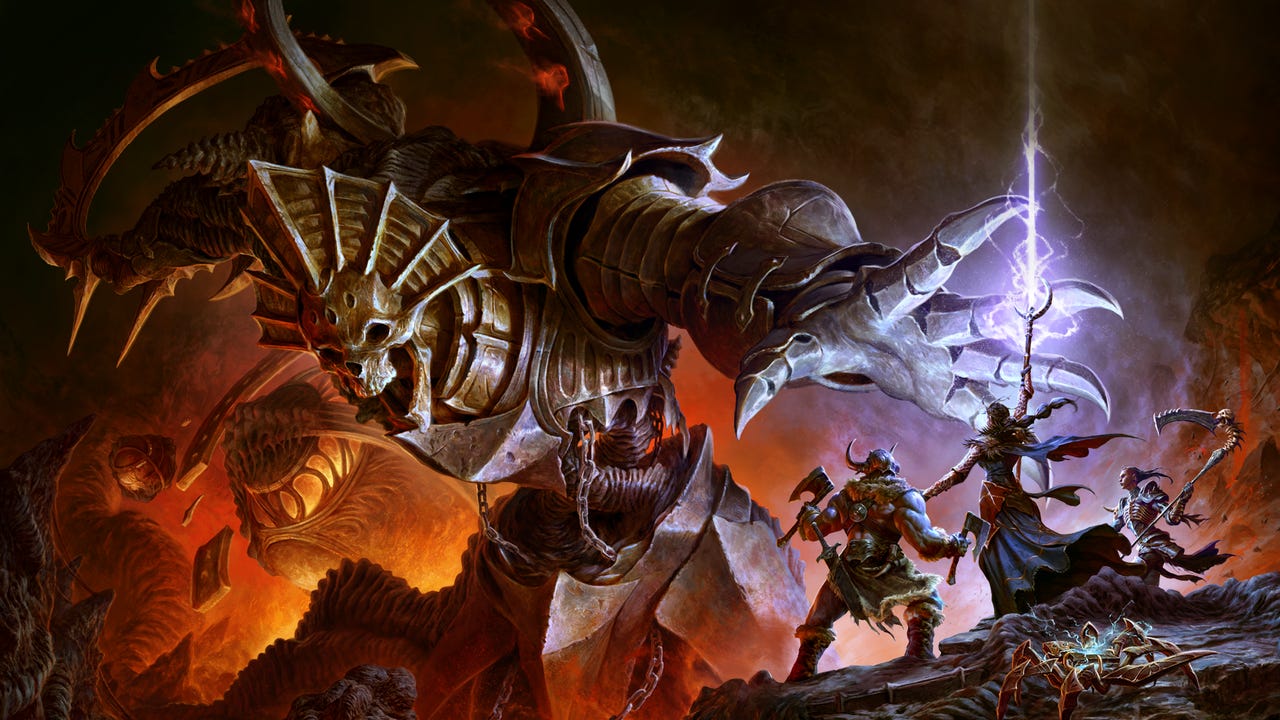In a landmark move that reverberates through the digital halls of the gaming industry, over 450 developers from Blizzard Entertainment`s iconic Diablo franchise have overwhelmingly voted to unionize. This collective action, guided by the Communications Workers of America (CWA), signals a significant shift in the power dynamics between game creators and their corporate employers, particularly in an era marked by widespread industry instability.
The Unsettling Backdrop: Layoffs and Uncertainty
The decision to organize did not emerge in a vacuum. It comes at a precarious time for the video game industry, which, despite its booming revenues, has witnessed a disconcerting wave of mass layoffs. Developers, often celebrated for their creative genius and technical prowess, have increasingly found themselves caught in a cycle of intense “crunch” periods followed by sudden job eliminations. This climate fosters an environment where, as one developer poignantly put it, “no amount of hard work is enough to protect us.” The very act of creating immersive worlds can feel paradoxically insecure.
The pervasive fear of sudden dismissal manifests in tangible, unnerving ways. Imagine walking into your workplace the day after a major round of layoffs, only to find your access badge denied at the cafeteria door. While a technical glitch might be the culprit, the momentary panic is real—a visceral reminder of the constant professional tightrope walk. This anecdote, shared by a designer, perfectly encapsulates the emotional toll that instability takes, forcing employees into a perpetual “fight-or-flight” mode, even when just trying to grab breakfast.
A Collective Voice: The CWA and Microsoft`s Recognition
The newly formed union, representing a broad spectrum of roles from designers and engineers to artists and support staff, unites under CWA Local 9510 in Irvine, California; Local 1118 in Albany, New York; and Local 6215 in Austin, Texas. Crucially, Microsoft, Blizzard`s parent company, has officially recognized this union. This swift recognition, rather than a protracted legal battle, suggests a pragmatic corporate acknowledgment of the growing labor movement within its ranks. It also positions Microsoft favorably in an increasingly scrutinizing public and regulatory landscape, perhaps reflecting an understanding that a stable, fairly treated workforce is ultimately more productive.
Beyond Blizzard: A Tsunami of Change
This unionization isn`t an isolated incident for Blizzard. Earlier this year, the studio`s Story and Franchise Development team also successfully unionized, highlighting an internal trend towards collective action. More broadly, this movement mirrors similar efforts across the entertainment sector. From film and television to music, and now increasingly video games, workers are demanding a “seat at the table.” They seek not just better wages or benefits, but a fundamental say in their working conditions, job security, and the future of an industry they help build, pixel by painstaking pixel.
The developers` aspirations extend beyond mere personal protection; they envision a paradigm shift. As a senior software engineer articulated, the union provides a platform to “stand our ground in the industry.” It`s about transforming a culture where individual fear can be replaced by collective strength, where the creative passion for games is matched by professional stability and respect. It represents a mature evolution for an industry that has, for too long, relied on the passion of its workforce to navigate often grueling and unpredictable demands.
The Road Ahead: Building a More Equitable Future
The unionization of the Diablo team marks a pivotal moment, not just for Blizzard or Microsoft, but for the entire gaming industry. It sets a precedent, demonstrating that even in a notoriously volatile sector, collective bargaining can bring about change. What this “seat at the table” will ultimately yield remains to be seen, but the intent is clear: to foster an environment where innovation thrives alongside employee well-being, where the creation of virtual worlds doesn`t come at the cost of real-world security. The game has indeed changed, and for game developers, it`s a new level.

